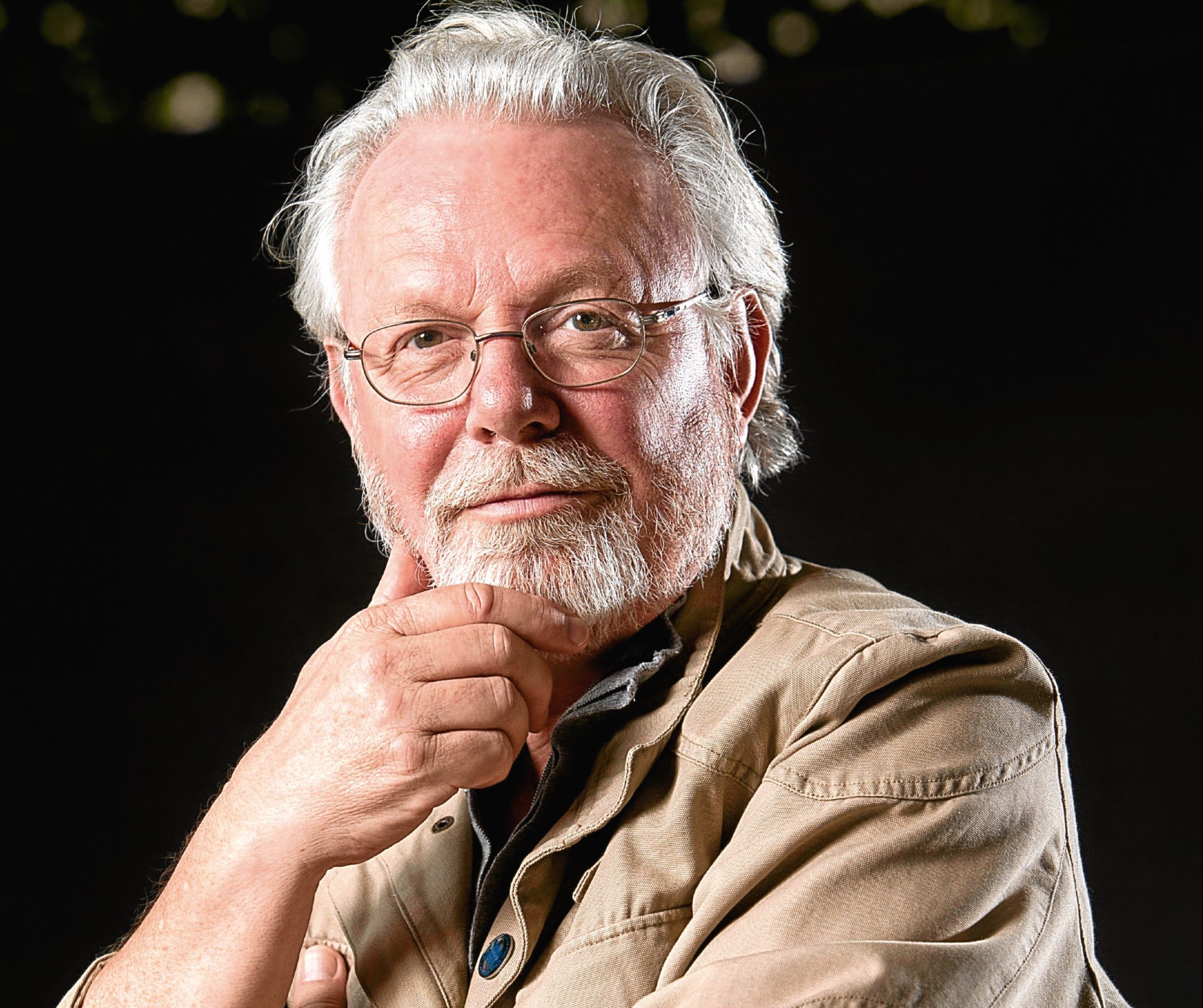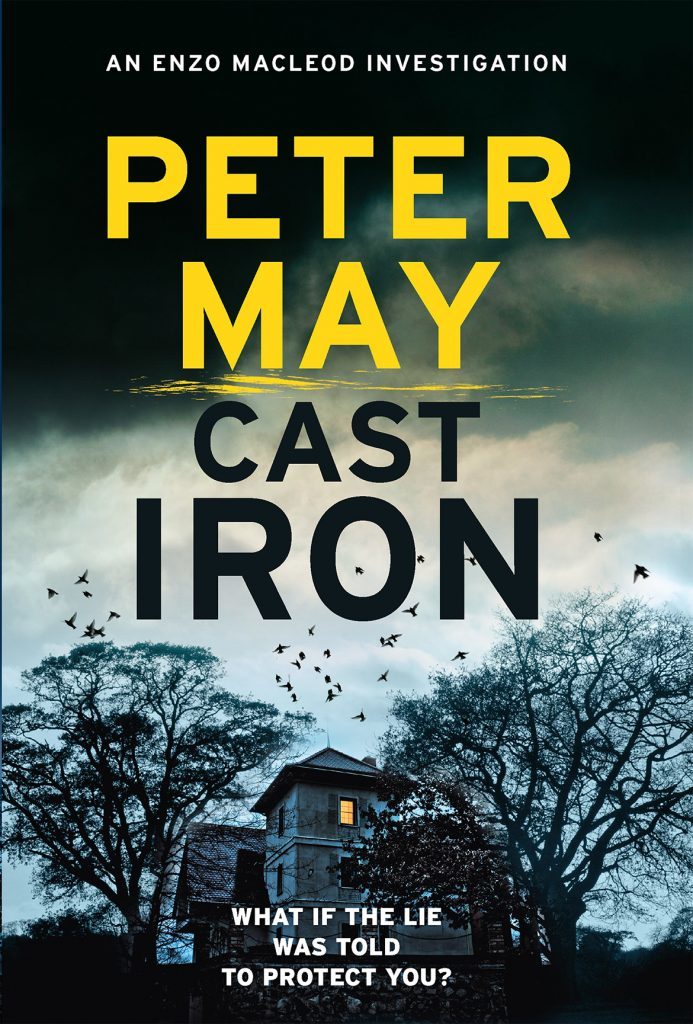
HE is one of the most famous Brits living in France and is such a hit in China the super-secretive authorities rolled out the red carpet.
But Scots author Peter May, whose crime novels have sold in countless millions worldwide, still says there’s no place like home.
“I don’t miss the rain but I do miss it in lots of ways,” confesses Glasgow-born Peter, 65, whose latest book Cast Iron is just out.
“I was just back for a five-week holiday in August and September and I’ll be back in the Hebrides next month doing research for my next book. If I wasn’t coming back a lot I think I’d miss my fix of Scotland.”
That forthcoming novel will feature a murder set against the backdrop of the Harris Tweed industry.
Ensuring accuracy is critical for Peter, who insists he’d never write about somewhere he hadn’t been.
When he wrote a series of China-set thrillers, including The Killing Room, he made 14 trips out there over six years to do in-depth research.
He forged close relationships and was given unprecedented access by the Chinese police, uncomfortably so on at least one occasion.
“I was taken to the new morgue in Shanghai where they had 80 fridges for bodies,” says Peter.
“I was quite happy with just looking round, then the chief pathologist asked if I wanted to see a body. I said no, but he said I’d come a long way and I really should see one.
“They brought out a white body bag and showed me the remains of a young man. He had clearly been cut right open. It was like something you’d see on a butcher’s hook.
“He had a contorted expression on his face. When I asked what he died of, they said he’d been executed.
“He hadn’t been autopsied – they’d harvested his organs for transplant. It was stomach-churning but the pathologist just zipped up the bag and cheerily said: ‘Now for lunch.’”
Peter has also visited lots of prisons, including a high-security one in France for Cast Iron as it’s inspired by a real-life serial killer who is incarcerated there.
“I didn’t want to meet him, though, as I don’t think such people should get the impression they are some sort of celebrity.
“I just wanted to get the inside track on the mentality of a long-term prisoner. And I’d already interviewed, many years ago, armed robber John McVicar who had been dubbed Scotland Yard’s Public Enemy No. 1 because he kept escaping. There was a film made about him, starring Roger Daltry.
“He was on parole when I spoke to him and it was fascinating because he was nothing like you’d imagine.
“He was very soft spoken, warm and intelligent and didn’t came across like this major criminal. I still had my tapes and notes and used them for this new book.”
For the past 15 years Peter and wife Janice – whom he met when they were both script-writers on STV’s Take The High Road – have lived in Cahors in south-west France.
He has been so warmly welcomed that he took out French citizenship last April – although he still also retains British citizenship.
The reaction, he admits, left him stunned.
“I was never going to abandon my British citizenship. It’s a big step but it means I can do things like vote in the forthcoming presidential election.
“It really seemed to endear me to the French. I was followed around on the day I took it by camera crews and it made the news bulletins.
“I wondered what people would think about a foreigner doing that, but I got so many warm emails and letters of congratulations.
“They were saying: ‘Welcome to becoming one of us.’”
While his Lewis Trilogy, set on the Scots isle, has sold by the million in over 30 countries and his Enzo Files crime series has also been a global smash, things weren’t always so good.
Peter had previously been a well-known TV writer and producer, responsible, among other things, for creating Gaelic soap Machair and newspaper drama The Standard, as well as working on High Road. However, switching from that to writing led to very bleak periods.
“I’ve gone through rough times,” he admits. “Until 2008 I was just about bankrupt. I was churning books out and watching my savings dwindle until, very surprisingly, success arrived and changed my life.”
Peter has also had big-bucks overtures from TV companies desperate to make his books into the next Shetland, Vera, Morse or Midsomer Murders.
“They wanted to buy up the characters and formats to make a long-running detective series,” adds Peter.
“But I didn’t want them adapted in a way I wasn’t happy with and I wasn’t tempted by the money.”
Cast Iron, published by riverrun at £18.99, is out now.

Enjoy the convenience of having The Sunday Post delivered as a digital ePaper straight to your smartphone, tablet or computer.
Subscribe for only £5.49 a month and enjoy all the benefits of the printed paper as a digital replica.
Subscribe